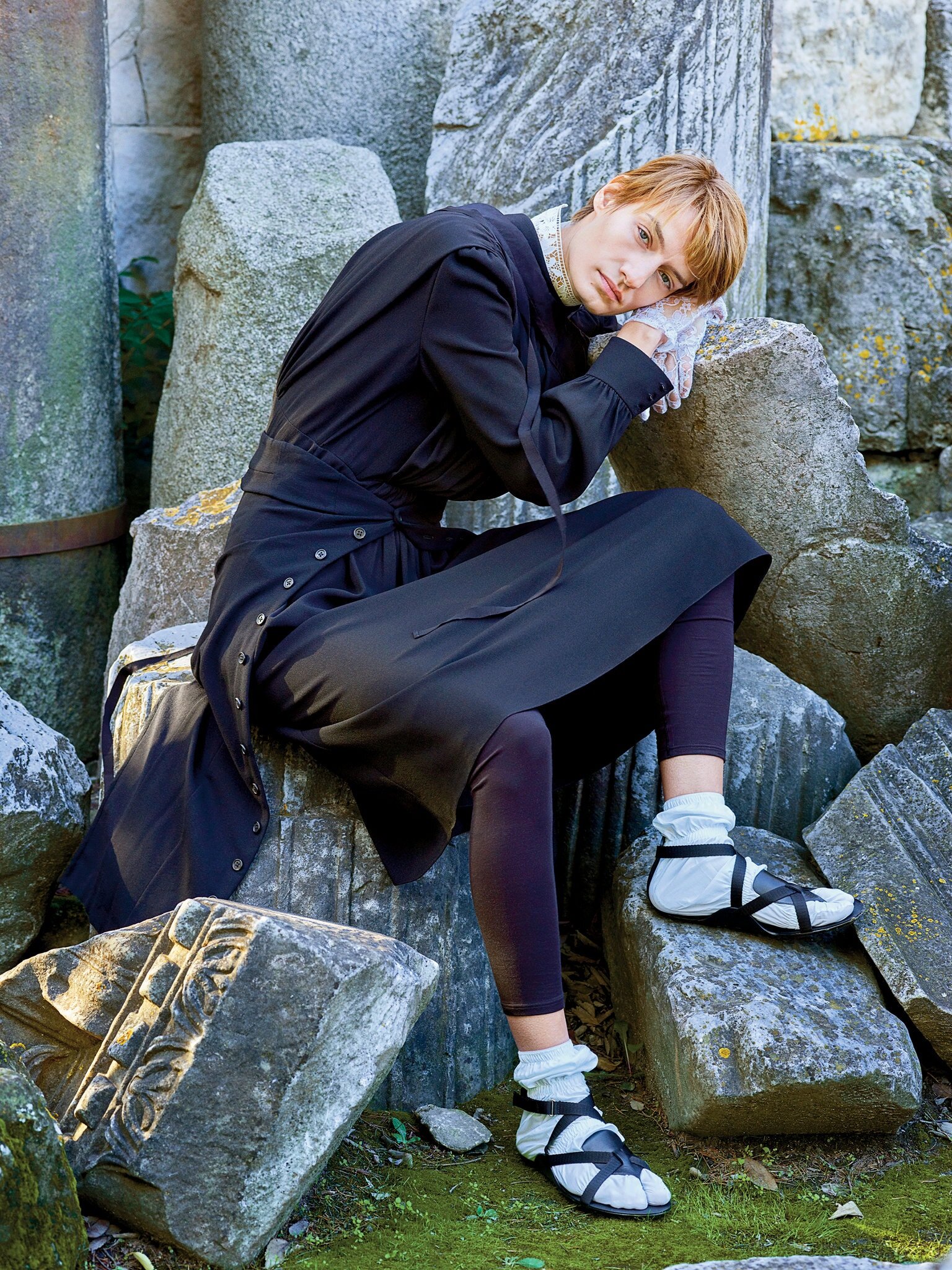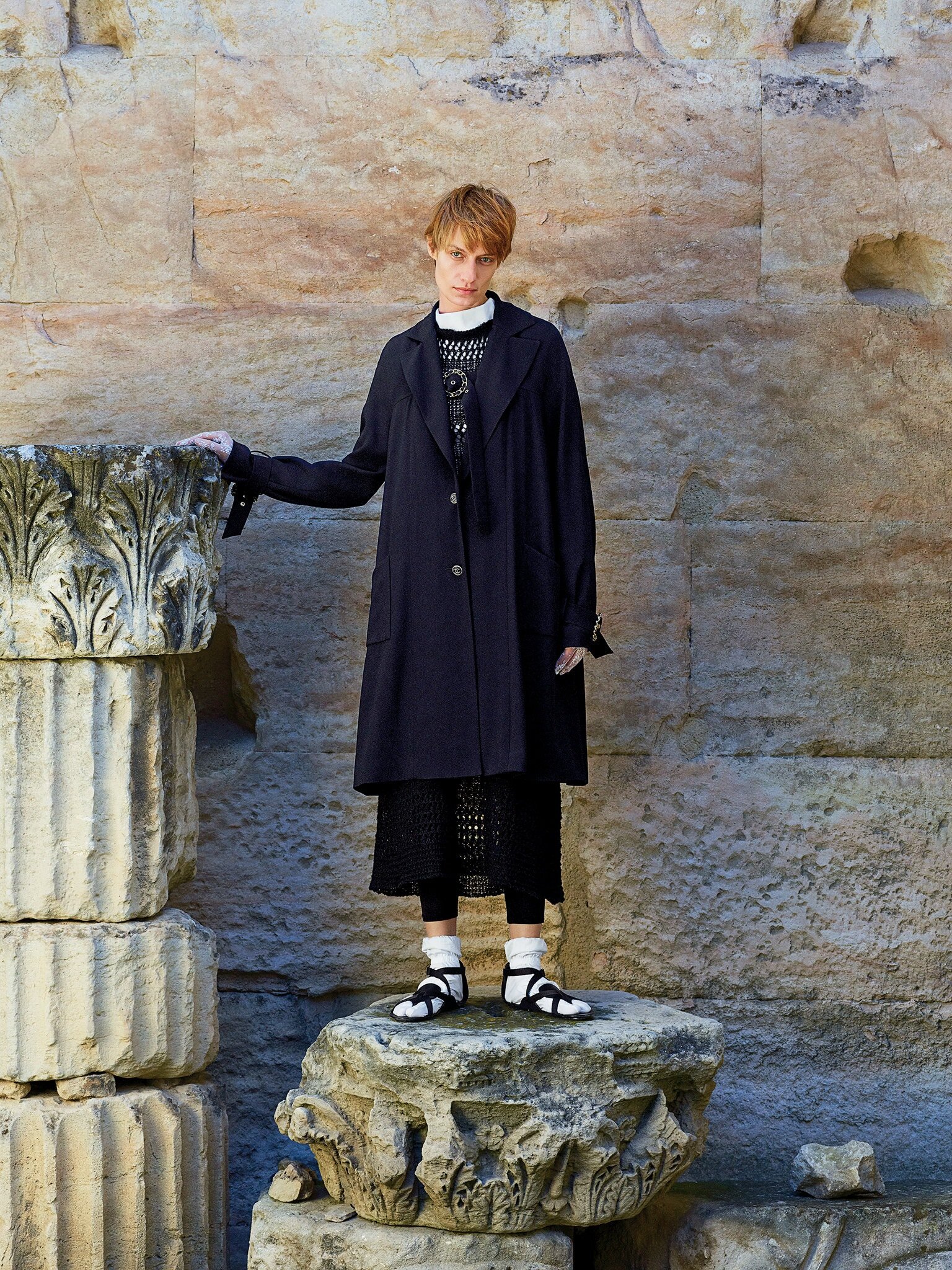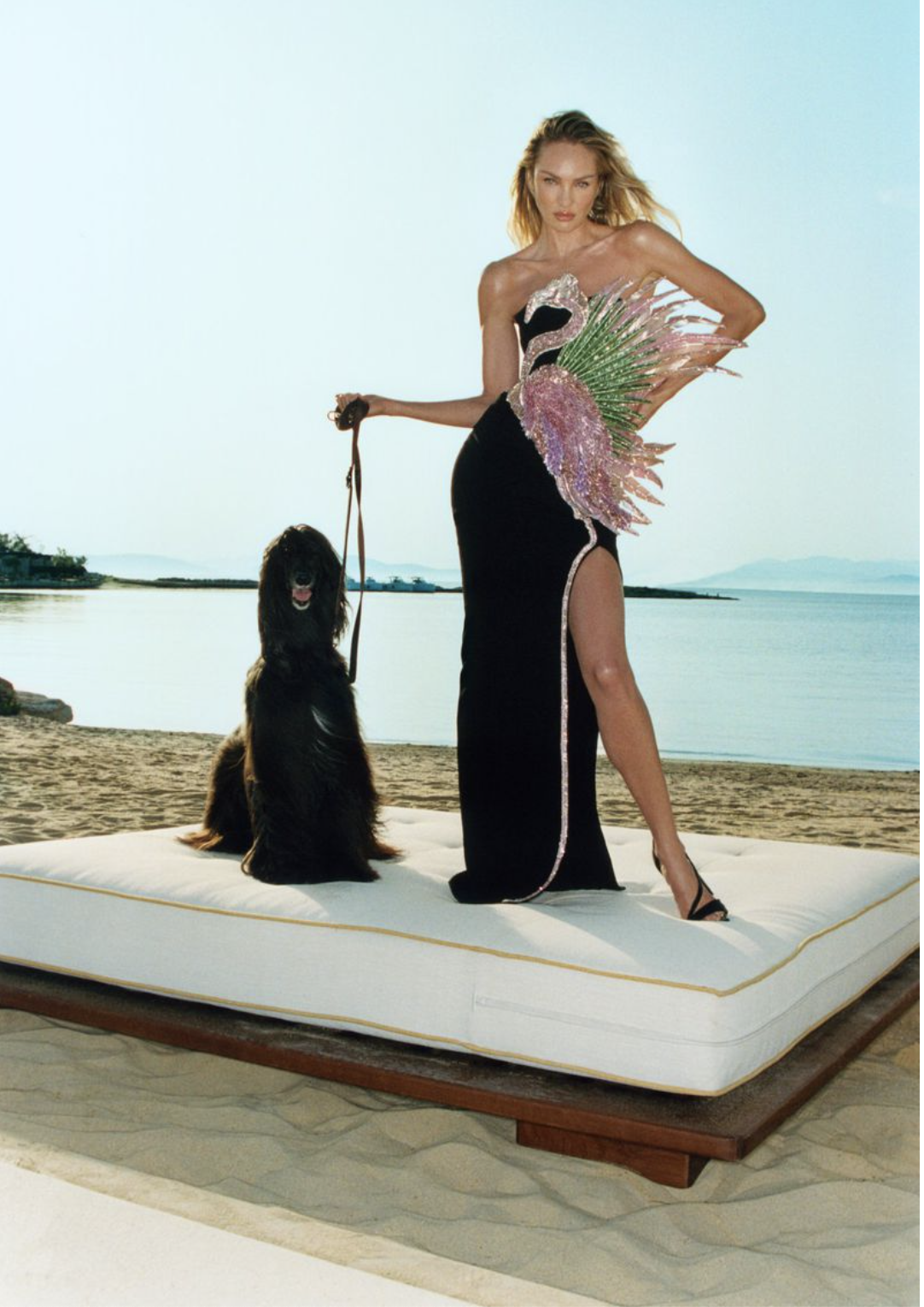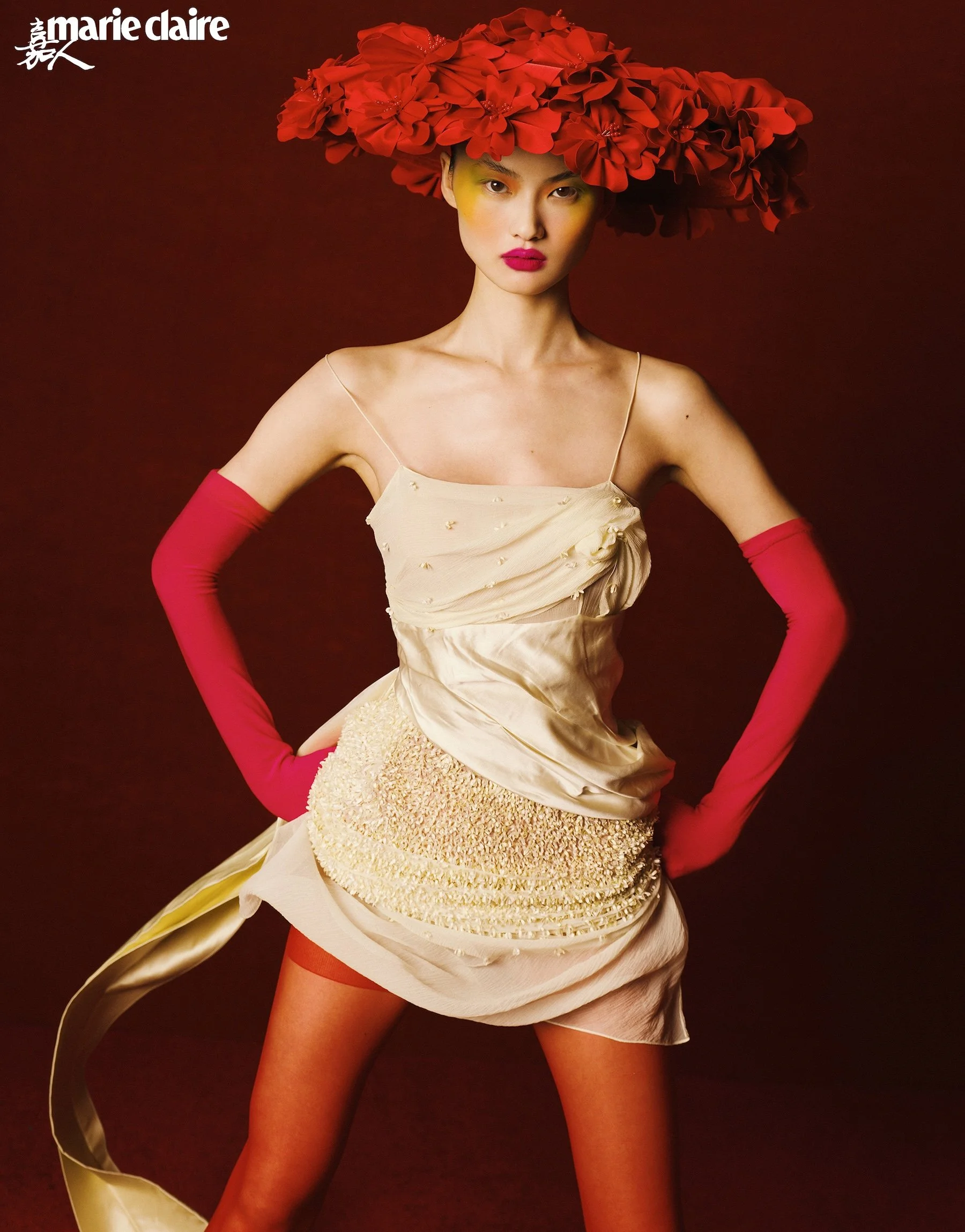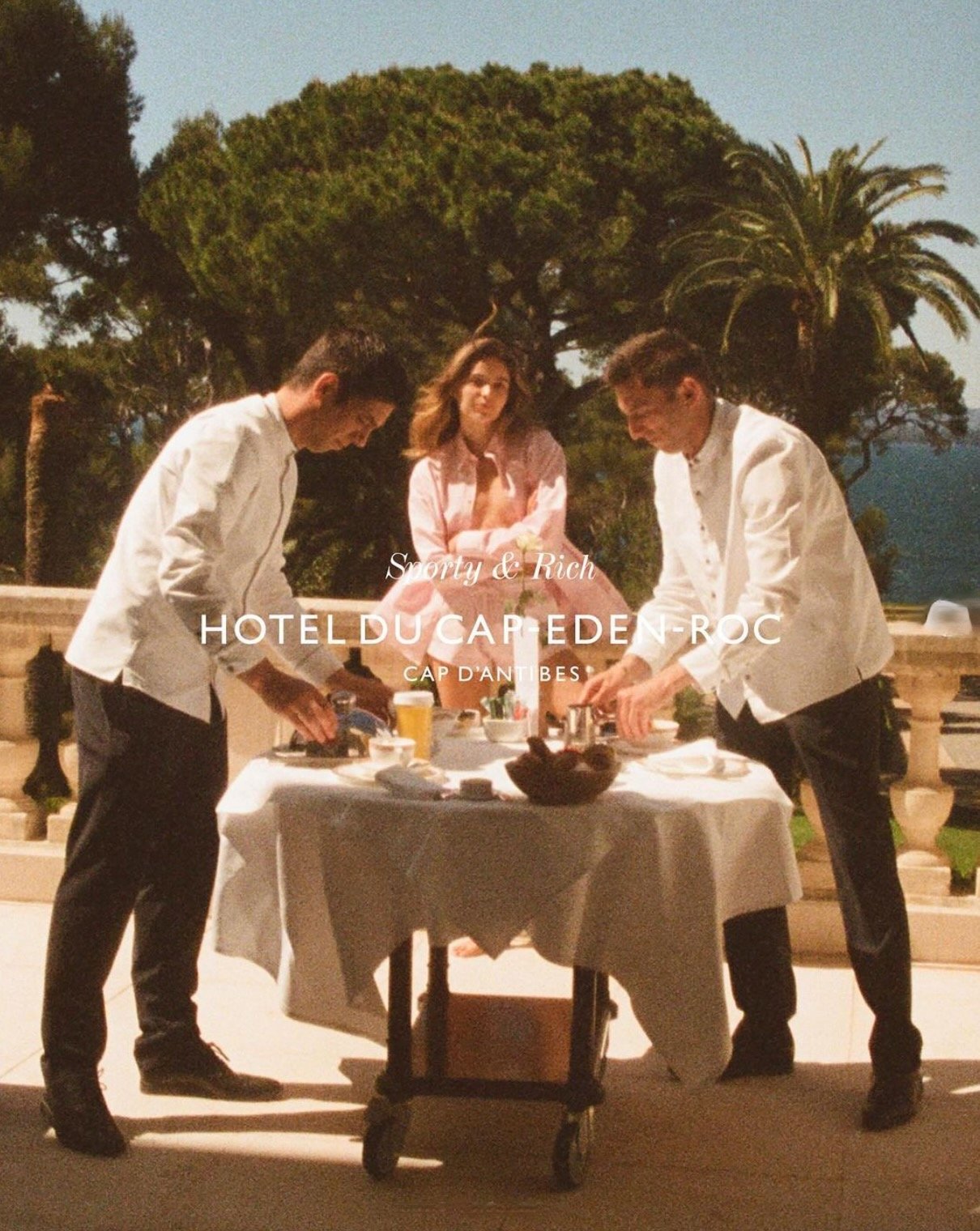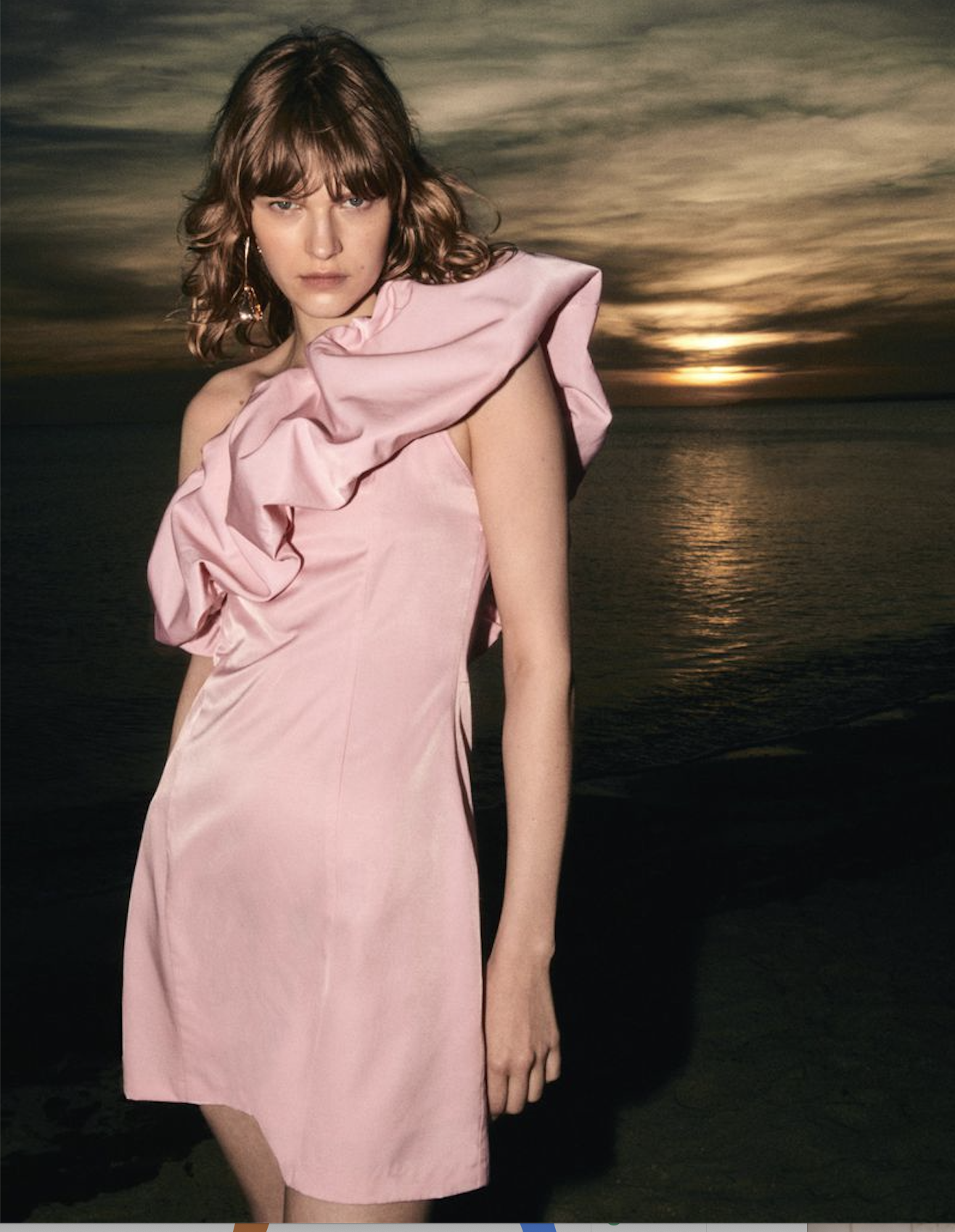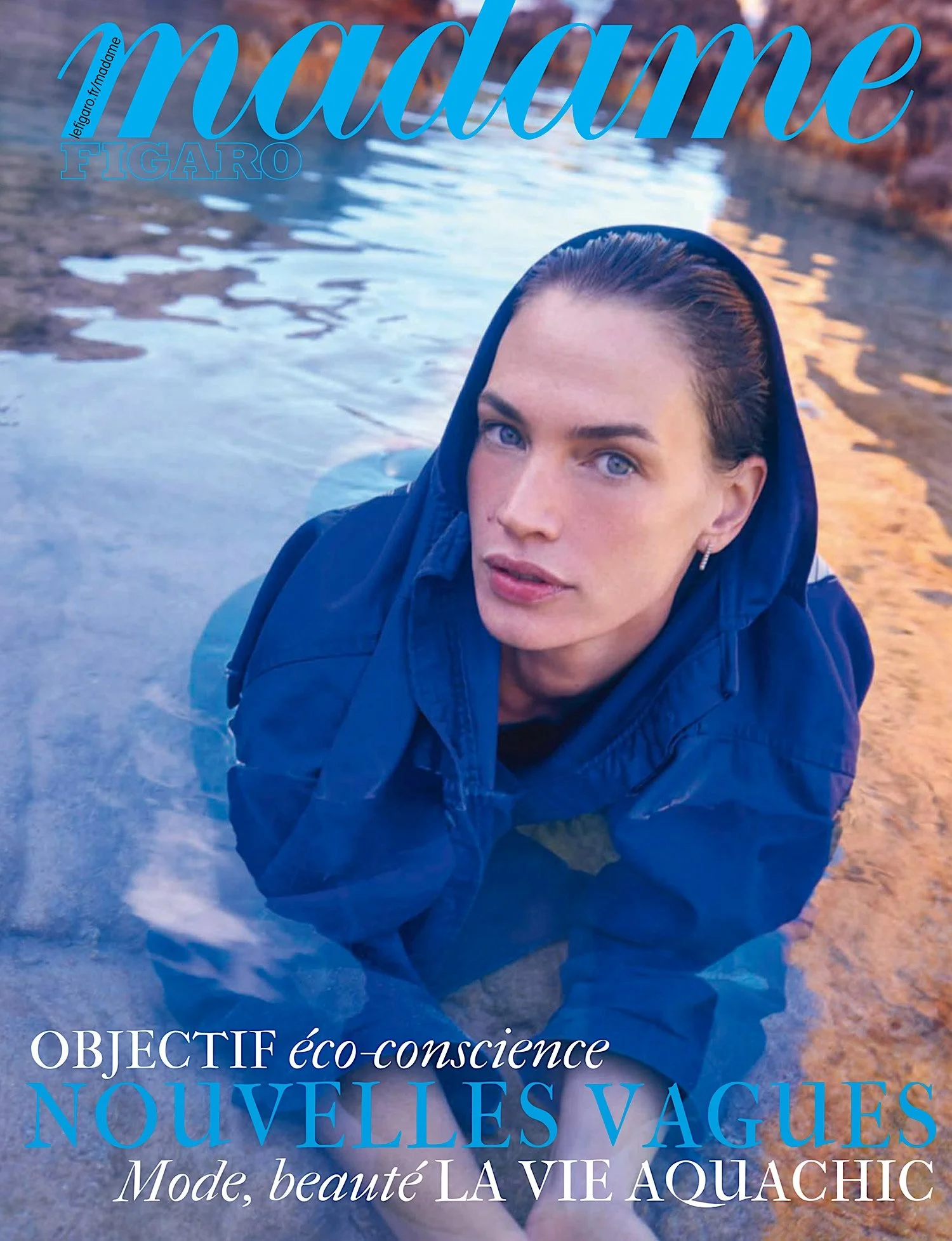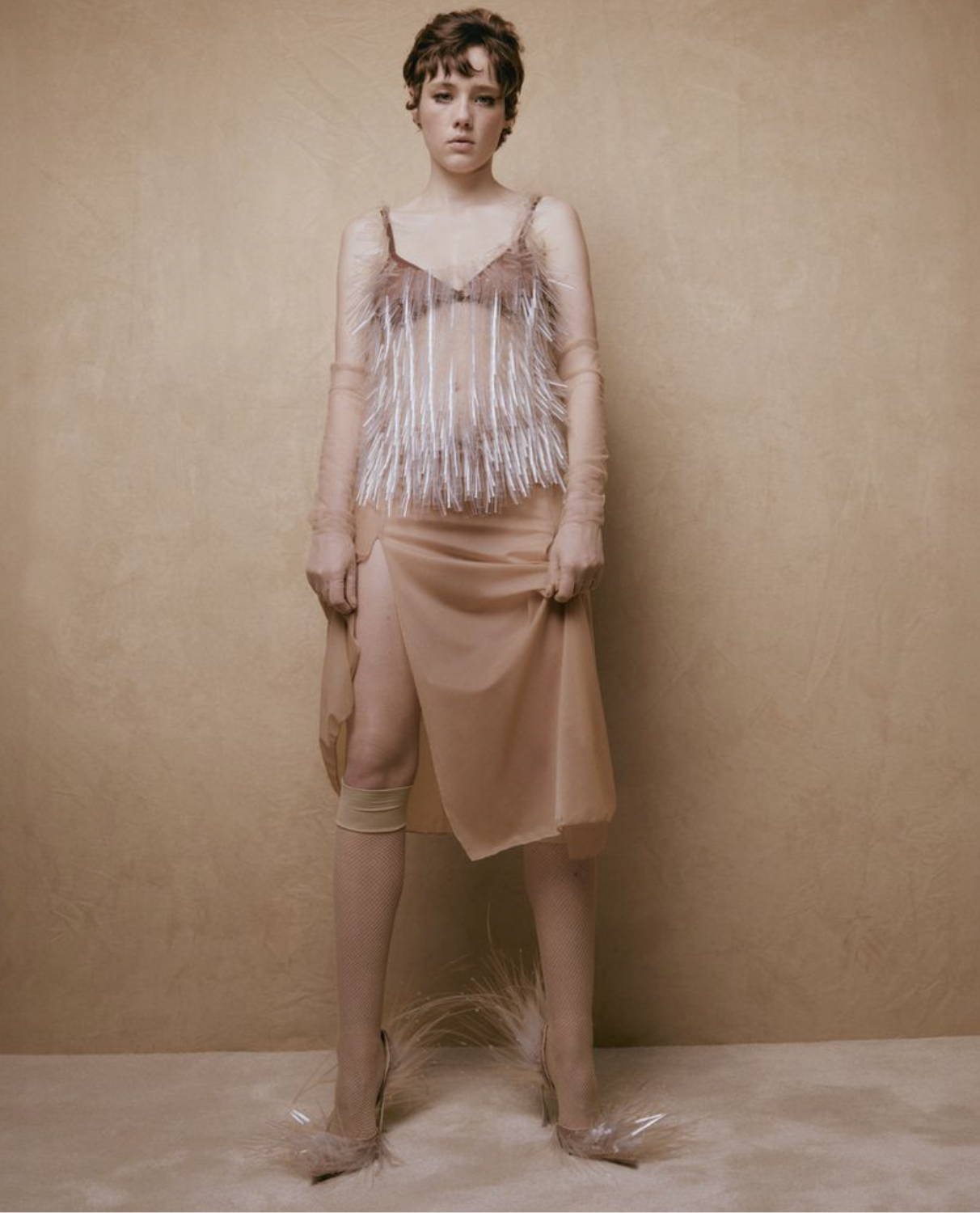Anyelina Rosa, Veronika Kunz by Pieter Hugo Tap Pilgrim Style for T Style | Archives
/American life changed dramatically after models Anyelina Rosa and Veronika Kunz posed in the pages of T: The New York Times Style Magazine March 2020 spring style section. Pieter Hugo’s fashion shoot happened in the “quintessentially Provençal” southern French city of Arles.
Today Arles is a Unesco World Heritage Site “on account of its Roman and Romanesque monuments.” It’s impossible to look at Jay Massacret’s styling of Celine, Chanel, Dior, Hermès, Marine Serre, Saint Laurent and more fashion elements and not see a religious influence.
As an American looking at this fashion story set in Arles, America’s Puritans come to mind in these days of COVID-laced, racial reckoning moments.
Arles to New England
In her 2016 book ‘New England Bound’, author Wendy Warren shares the story of how early colonists imported African slaves and enslaved and exported Native Americans. Warren, an associate professor of history at Princeton. In this NPR interview, the scholar explains how she was personally impacted to learn that chattel slavery happened in North America much earlier than indicated by the historical record.
Warren also suggests that a new model of inherited status as a slave was formulated in Boston in the earliest days of American life and in Boston, not the future southern colonies.
In particular, the idea that slavery could be inherited - that the child of an enslaved woman would be enslaved is an idea that you have to formulate. And American historians had said that that didn't happen till much later in the century, really with the development of cash crops. But this was happening in 1638. That was - struck me as odd.
Evolution of Stricter Slavery
A very simplistic explanation of slavery is that it has existed from time immemorial, including in many African nations in their pre-colonial histories. The simplistic argument is that slavery has always existed and therefore, Europeans and American colonists simply adopted existing practices.
Increasing numbers of American academic institutions and museums are working to set the record straight on the evolution of slavery in America. The Lowcountry Digital Library, associated with the College of Charleston (South Carolina) documents the history and culture of the region while it supports current research initiatives and cultivates creative content in support of scholarly inquiry. Their comprehensive examination of slavery in South Caroline also studies ‘Slavery before the Trans-Atlantic Trade’.
The motherlode of research on American slavery is the acclaimed New York Times 1619 Project, released August 14, 2019.
Choosing Point (Dis)Comfort
In August of 1619, a ship appeared on this horizon, near Point Comfort, a coastal port in the English colony of Virginia. It carried more than 20 enslaved Africans, who were sold to the colonists.
Image by Daniel Halseth on Unsplash
Choosing Point Dis(Comfort)
In three short weeks, I will be setting out on this new journey myself, arriving as a modern-day pilgrim in the land of Point Comfort. My choice — and a lot of thinking for well over a year — is to become a modern-day Virginian, a New South Virginian, neighbor to Point Comfort Virginian.
Virginia promotes itself as being for lovers, but the state is actively recruiting artists and creatives. I’ve chosen to become one of them with a laser, visceral focus on using fashion and style projects from creatives — including myself — to explore both the historical truths of slavery and its modern-day consequences in our emotionally-ravaged America.
I choose to believe that Joe Biden will defeat our white nationalist president Donald J Trump in November 2020, and we will have the opportunity to create a new American vision, one not rooted in white nationalist principles.
Hopefully, you will join me on this new journey — Google tells me the drive from my top floor porch to Point Comfort is 28 minutes through city traffic. It’s best to give you a heads up that I expect this road — and the people we will meet along the way — to be a modern-day valley of tears, including plenty of my own.
Yet it’s a 21st century passage I am eager to travel for my own salvation — and perhaps yours, too. It’s probably safe to say that the journey won’t be amusing.
Unlike Kanye West and Kim Kardashian West— we will not be walking on water, telling the world we are God-sanctioned. We will come with humility and the agony of knowing how Christians have blasphemed the concept of God in the very origins and advancement of American slavery and the presidency of Kanye’s good friend Donald J. Trump. ~ Anne





